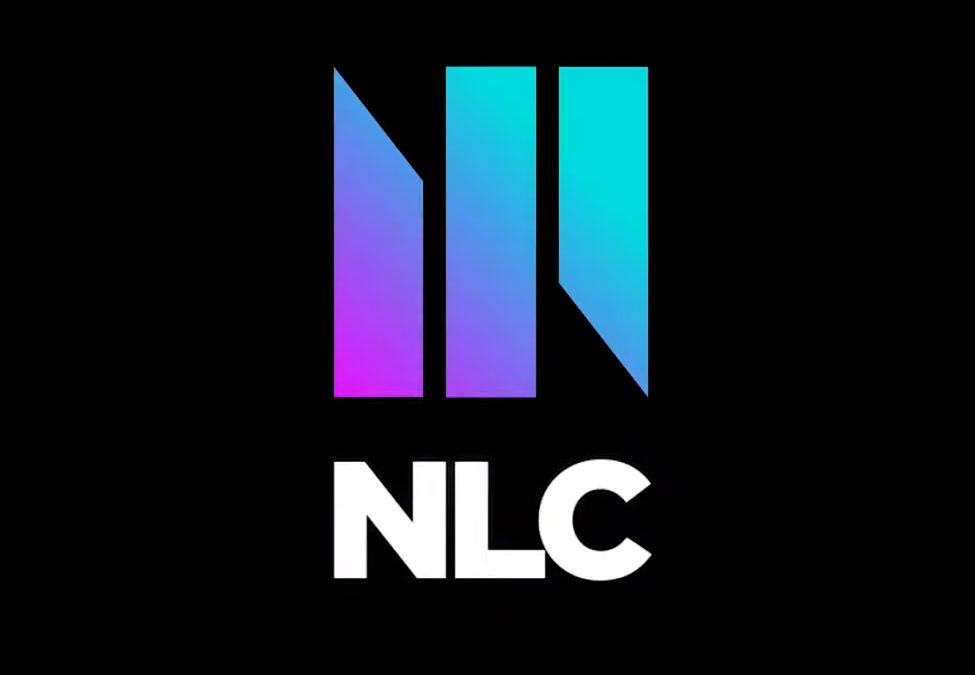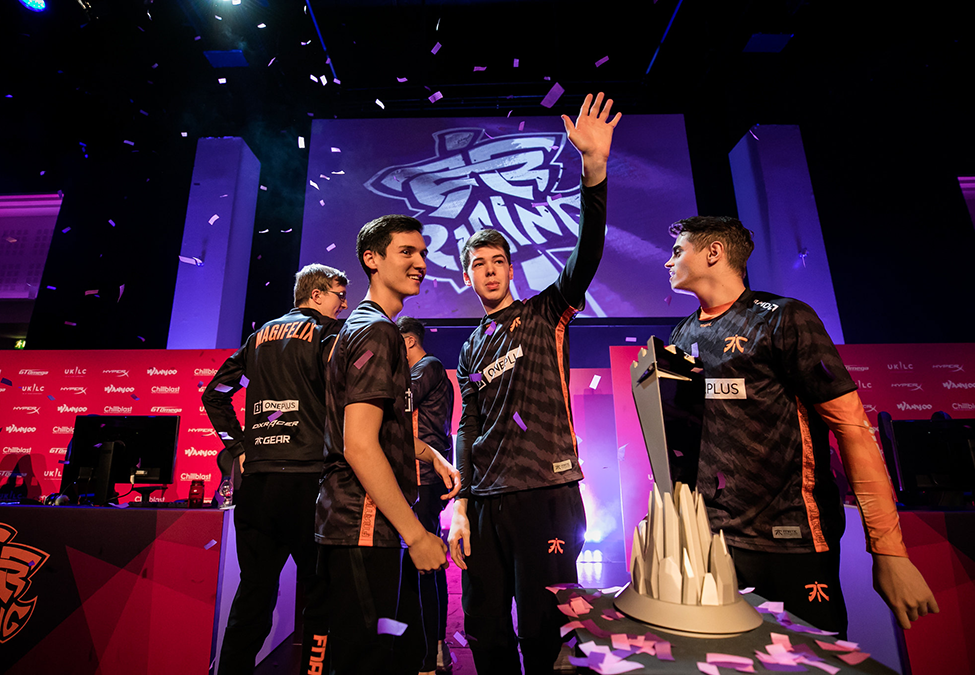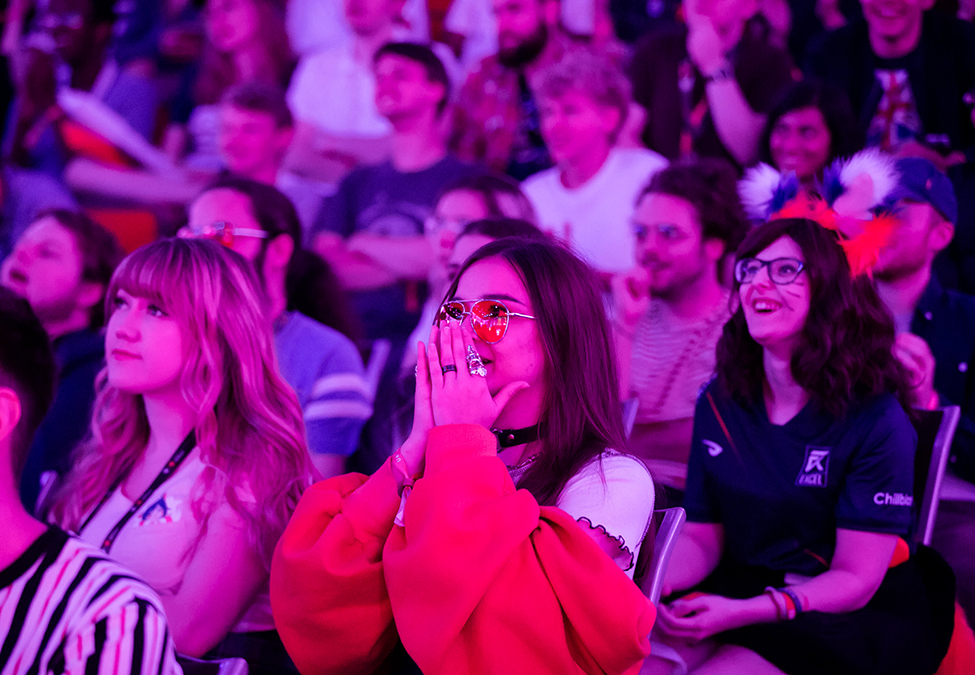Earlier this month, DreamHack heralded the launch of a new tournament, the Northern League of Legends Championship (NLC), in partnership with Riot Games.
The NLC will act as the newest European Regional League (ERL) on the continental block, and is an amalgam of two previously separate regions: the Nordics (Denmark, Sweden, Finland, and Norway), which formerly did battle in the Nordic Championship; and the British Isles (the United Kingdom and Ireland), which face off in the UK League Championship (UKLC).
The UKLC is sticking around, but the Nordic Championship is being broken up into four national leagues, named the Telia Esports Series. These five competitions will now promote into the NLC, a supergroup featuring some of the biggest teams on northern shores.
But with the UKLC effectively relegated to a third-tier league (below the LEC and NLC, not to mention European Masters, Mid-Season Invitational, and World Championship), and previously unconnected countries seemingly shoehorned into a new product, will the NLC really capture the imagination of League of Legends fans? Or will it merely dilute the importance of national tournaments and deny the community a chance to congregate at local events?
We spoke to representatives from Riot Games, DreamHack, and Barrage – one of the 12 organisations to make the initial cut into the NLC – to dive into the nitty-gritty of the new league’s formation and the thinking behind it.

Why the change?
“Across Europe and in other regions as well, we’ve made the choice to group certain countries together if we felt it was warranted from a competition but also business point of view,” said Marc Schnell, Head of EU League Management at Riot Games.
To an outsider, the benefits of a Nordic, British, and Irish union aren’t immediately obvious. Historically, there’s been little in the way of sports rivalries that have spanned across the North Sea, and it’s difficult to say there’s been a ton of cultural crossover in recent years.
But as Schnell noted, it was Riot Games’ relationship with their “awesome partner” DreamHack that really inspired the connection.
“We were thinking of rebooting [Nordic competition] and DreamHack was fully on board and aligned with that with idea, and ready to invest,” Schnell stated. “And pretty much go big time with us on trying to make this a league that rivals the other big successful ERLs that we have.
“So it was a no-brainer for us. I think they are the optimal partner really, for the region.”
It’s a sentiment echoed by Mike Van Driel, Chief Product Officer at DreamHack. “DreamHack has been running this Nordic Championship on a more short-term basis and we’ve never given it the love that we felt it deserves,” he explained. “So we’ve always been looking for a way to have a deeper partnership with Riot to justify it as a stronger investment, because we do believe there’s a really great business to be made here and it’s really in line with what we want to do.”
One area where cultures do overlap between competing regions is language. The NLC will (at least for now) only be streamed in English, and the proliferation of English-speakers among Nordic nations was a “big driver” behind its inception, according to Van Driel. “What we want to do is position this as the third largest League of Legends league catering to the English-speaking audience.”
Nurturing new talent
An aspect of the new system that seems set to flourish is player development.
“I think there is a much clearer ladder to climb,” said Jeff Simpkins, Owner of Barrage. “You can plan out and say, ‘Right, okay, I’m going to start in the UKLC, I’m then going to go to the NLC and then I’m going to go to the LEC.’ It is a clearer progression.”
Schnell agrees, stating that “to incentivise and motivate people to compete” is one of Riot’s major goals.
“What I think is very special about this [ERL],” he stated, “is that from the get-go, we have a very deeply layered ecosystem in place that will offer a very structured path to glory for teams and players. And that, I think is awesome.”
With the NLC, the UKLC, and the Telia Esports Series, there are set to be more teams than ever competing in Riot Games-sanctioned tournaments within the region, and that’s certainly a blessing for players looking for a shot to prove their worth.

The fall of UK League of Legends?
It’s not all sunshine and rainbows, however. There are real dangers that arise from integrating the top UK teams into an international league, not least the fact that it’s likely to make the strength and popularity of local organisations even more top-heavy than previously.
Simpkins and Barrage might be starting on the other side of the fence, but he can see the threat that the change poses to the competitiveness of the UKLC. “I think what we’ll see is that the UK league will have to become more of a development league,” he said. “Because I think with the NLC, the organisations involved, including us in the UK, we’re going to have access to such a vast pool of players now, from all the competing countries.”
With a weaker league, it seems inevitable that the UKLC will also suffer from lower viewership, yet Schnell believes that the changes should still be a net positive for fans, even if they’re not appreciated by every viewer. “On average,” he said, “[it should] offer a more attractive entertainment experience for most fans in that region then how it was done previously. That is what I want to measure against.
“Overall, the viewership that we will get in total should definitely be growing significantly versus what we would previously be able to achieve.”
Van Driel argues that the UKLC will stand to benefit from the increased resources that DreamHack invests into the NLC—and vice-versa. “We really see this whole ecosystem kind of together,” he explained. “DreamHack is really focused on doing things in a sustainable way. So, also having UKLC for us is about having a bit more meat on that plate and having more stuff because we’re not viewing these as two isolated business cases. It’s actually something very much together.
“We knew coming into this there could be some loyal UKLC fans that really want to support specifically the UK market and can be sceptical of this. So, I would say to those fans that are sceptical, ‘Trust us, contact us. Tell us what you think sucks.’”
Hitting the road
As a long-term League of Legends and esports fan, there’s nothing quite like a live event. The anticipation leading up to the day; meeting people decked out in their favourite team’s colours (or Teemo hats) in bars, cafés, and on trains; the shock at realising just how many gaming fanatics are queuing up at the arena; and the roar of a crowd that all shares a mutual passion and its own rich and uniquely twenty-first-century culture.
It’s an experience that we believe has been integral to many’s ardour for esports, and it’s an experience that has been denied to many League of Legends players in the countries now covered by the NLC.
Last year’s UKLC Grand Finals in Twickenham marked one of the only live finals to take place in the UK for several years, and under the NLC’s new system, such events are set to be spread between the nations competing in DreamHack’s flagship League of Legends tournament, as Van Driel explained. “For the short term, everything has this COVID-19 asterisk. But definitely, in the vision of a normal world, we’ll be going to all of the countries,” he confirmed.
Despite the potential visa troubles that Brexit presents, the UK could well be at the centre of plans for upcoming League of Legends roadshows – and not just for the NLC. “We have been talking to a number of places in the UK,” revealed Schnell, discussing Riot Games’ new Olympics-inspired strategy of taking pitches from interested cities ahead of international events.
“Unfortunately, coronavirus was one thing that impacted this whole process a little bit. That said, we are super open to come back to the UK. It’s something that if you ask me personally, I really would love to do because I very fondly remember the events that we did at Wembley, for Worlds. I remember that the vibe over there was always great. And I know that people are really starving for a presence there,” he continued.

The drive for viewership
It seems clear that the formation of the NLC, and DreamHack’s funnelling of additional resources into the product, is something of a gamble primarily taken to tackle an area the region has always struggled with: viewership numbers.
When pressed on his main lingering worries, Simpkins admits that he can’t be certain a stronger competition will be enough to pull in the masses to watch his team. “I’m slightly concerned that we’re going to merge these two regions and, you know, how much of a benefit is it going to have? I don’t think you can really say right now. Is the viewership going to double?”
It’s certainly not outside the realms of possibility to imagine that a league with more concentrated talent and bigger brands will attract more eyeballs, but it does seem likely that the NLC will largely cannibalise viewership already engaged with local competition in the competing regions. To bring in a new audience, Van Driel knows that DreamHack’s investment into the broadcast is key. Even in esports broadcasting, universal truths hold firm: money talks.
“Compared to what we’ve done in the UKLC and Nordic Championship, the broadcast will be a lot more robust,” Van Driel claimed. “We’re looking at having some LEC talent guest starring and stuff like that.
“You’ll see an even bigger roster of on-camera talent and it will be much more of a tier-one esports broadcast.”
If DreamHack is successful in bringing popular LEC talent to the NLC broadcast, some fans are sure to follow. But star power is expensive, and the viewers they attract could be more diverse than the targeted demographics that sponsors will be hunting for. Only time will tell whether the strategy will bring in enough engaged, local fans to deliver DreamHack sufficient return on investment.
The real mark of success won’t be the numbers on the NLC’s Twitch stream when the competition kicks off in two months. It will be in the details: how much regional pride can be sparked in a Pick’n’Mix of European cultures; how many rookies are inspired to try out for teams in a format ripe for new blood; and whether communities of League of Legends players can be inspired to come together in the long gaps without a local live final.
If Riot Games, DreamHack, and the NLC’s prestigious teams can rally together to pull off that feat, the future of local League of Legends esports will be secured for years to come.
[maxbutton id=”12″ ]
